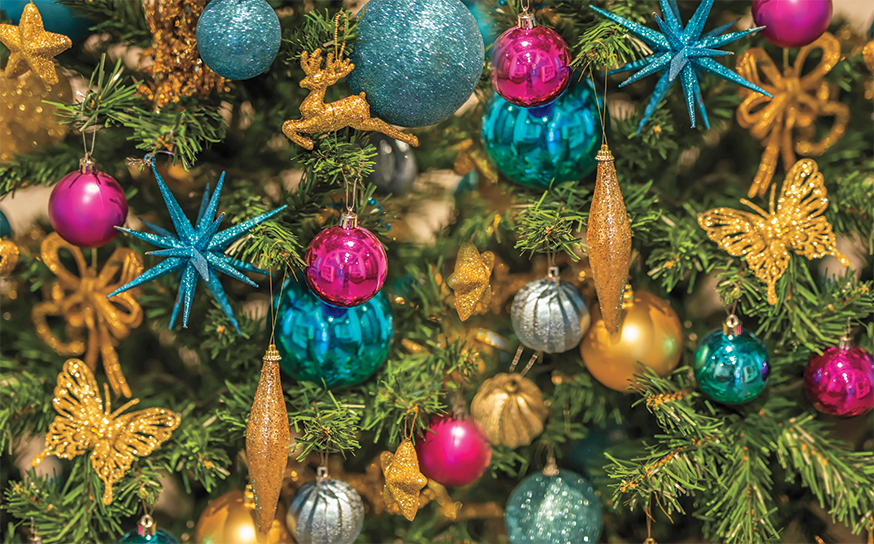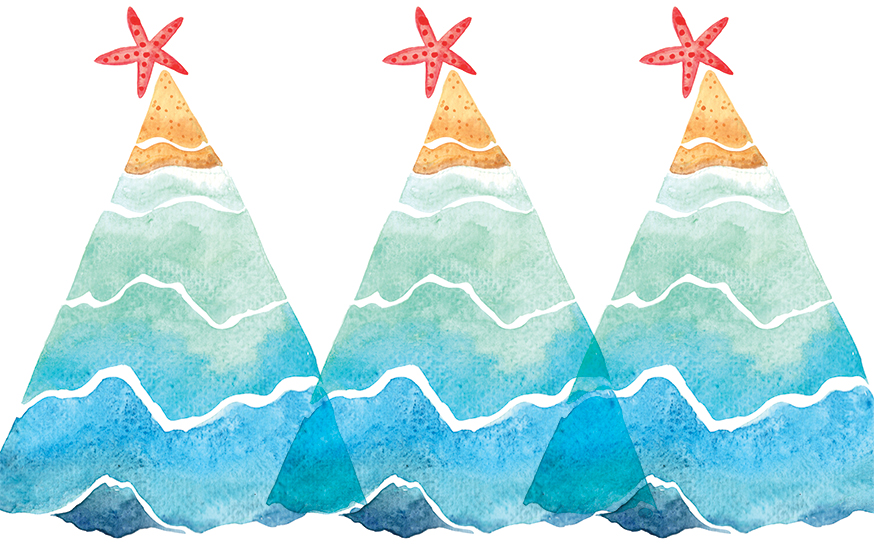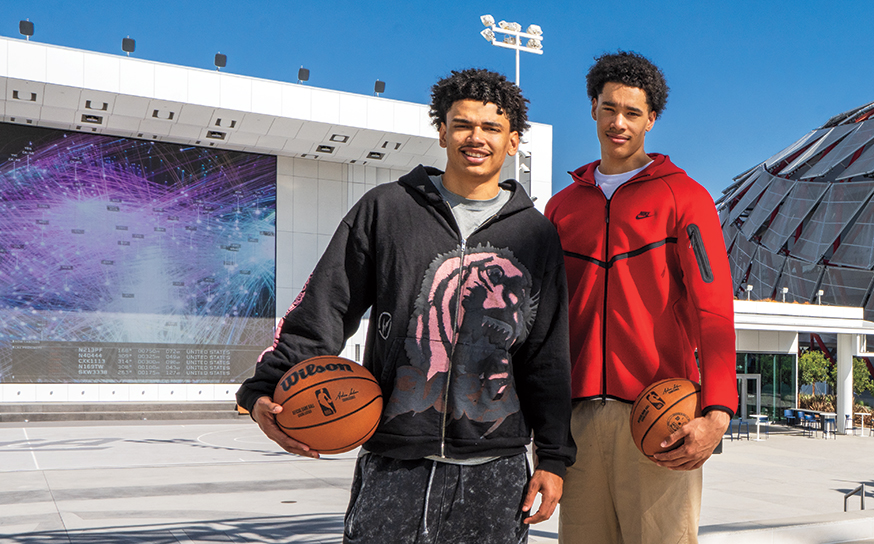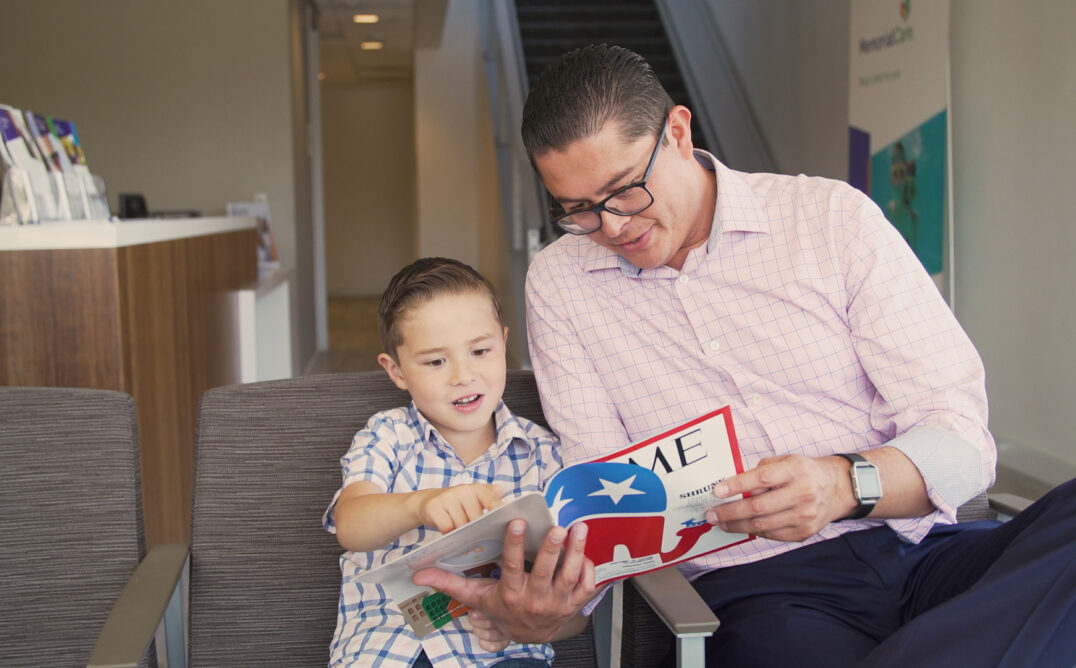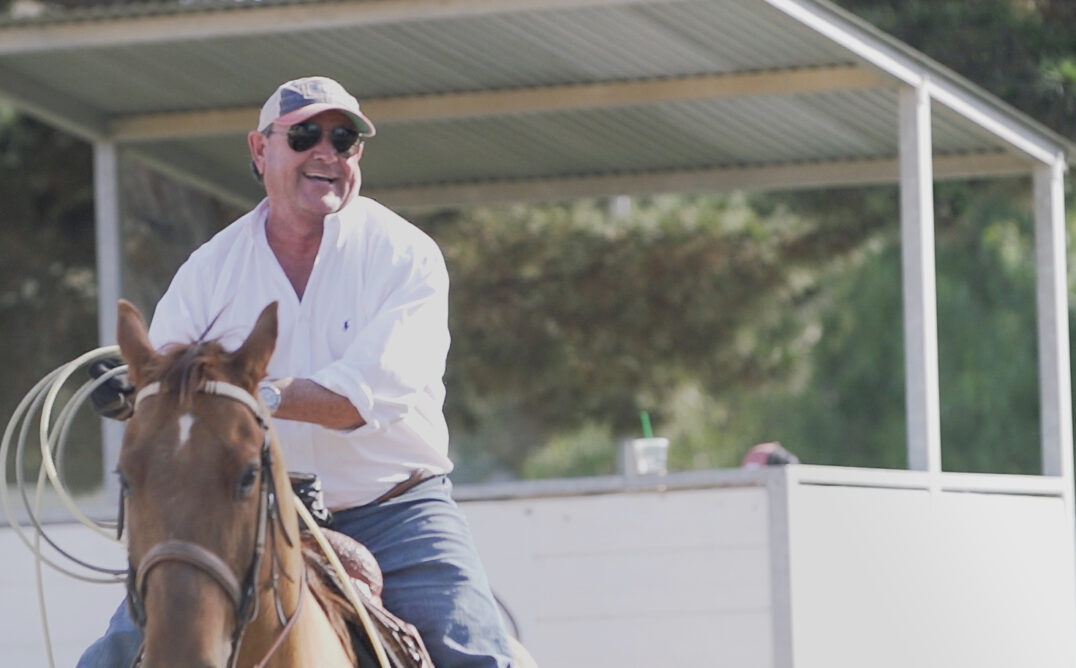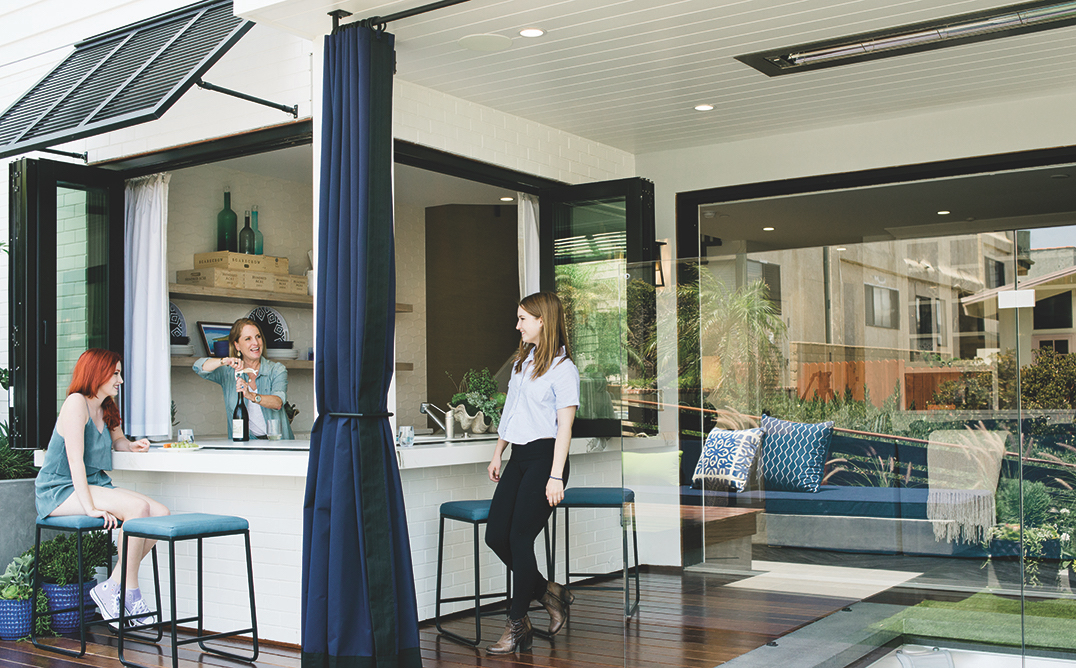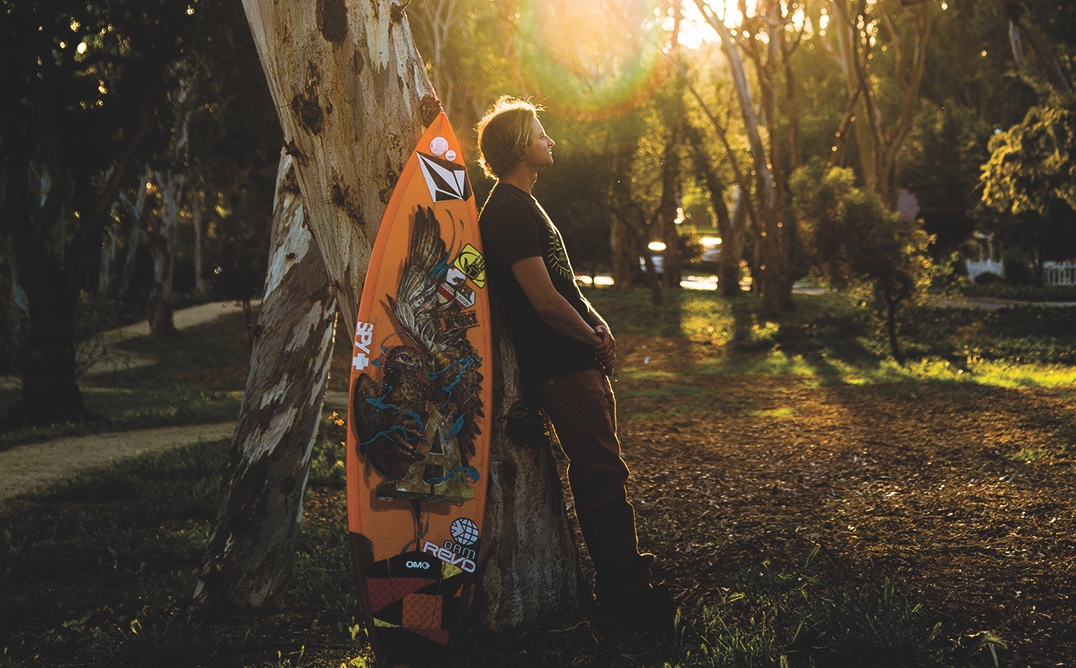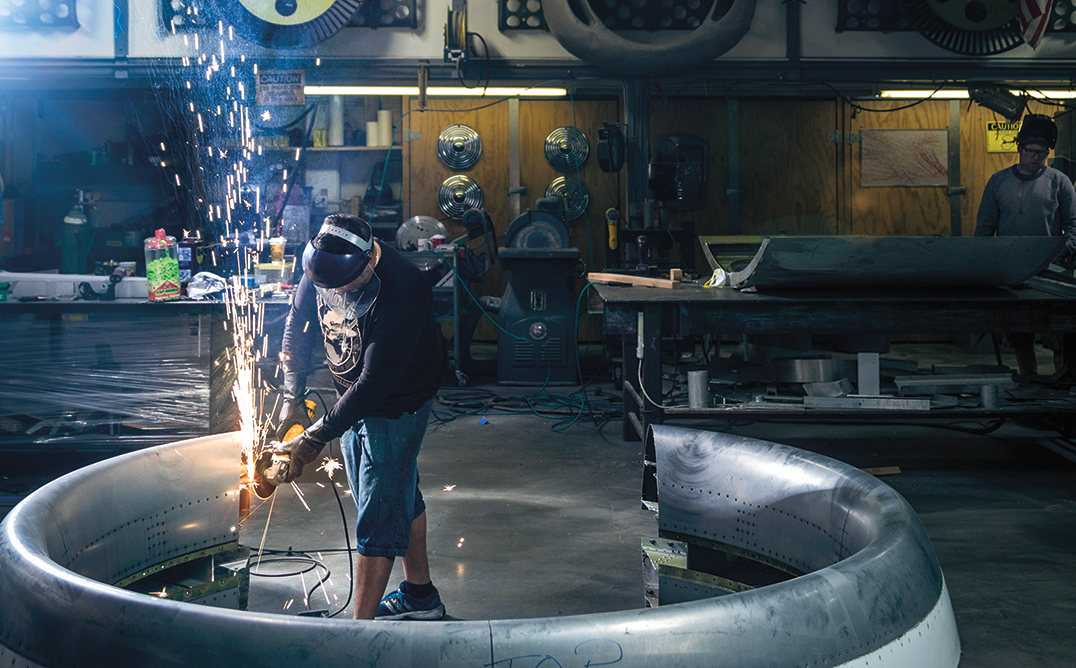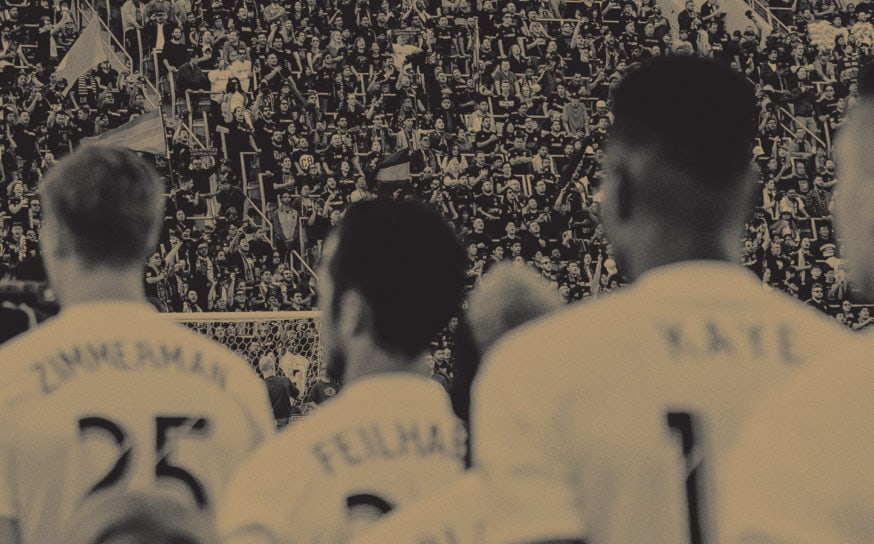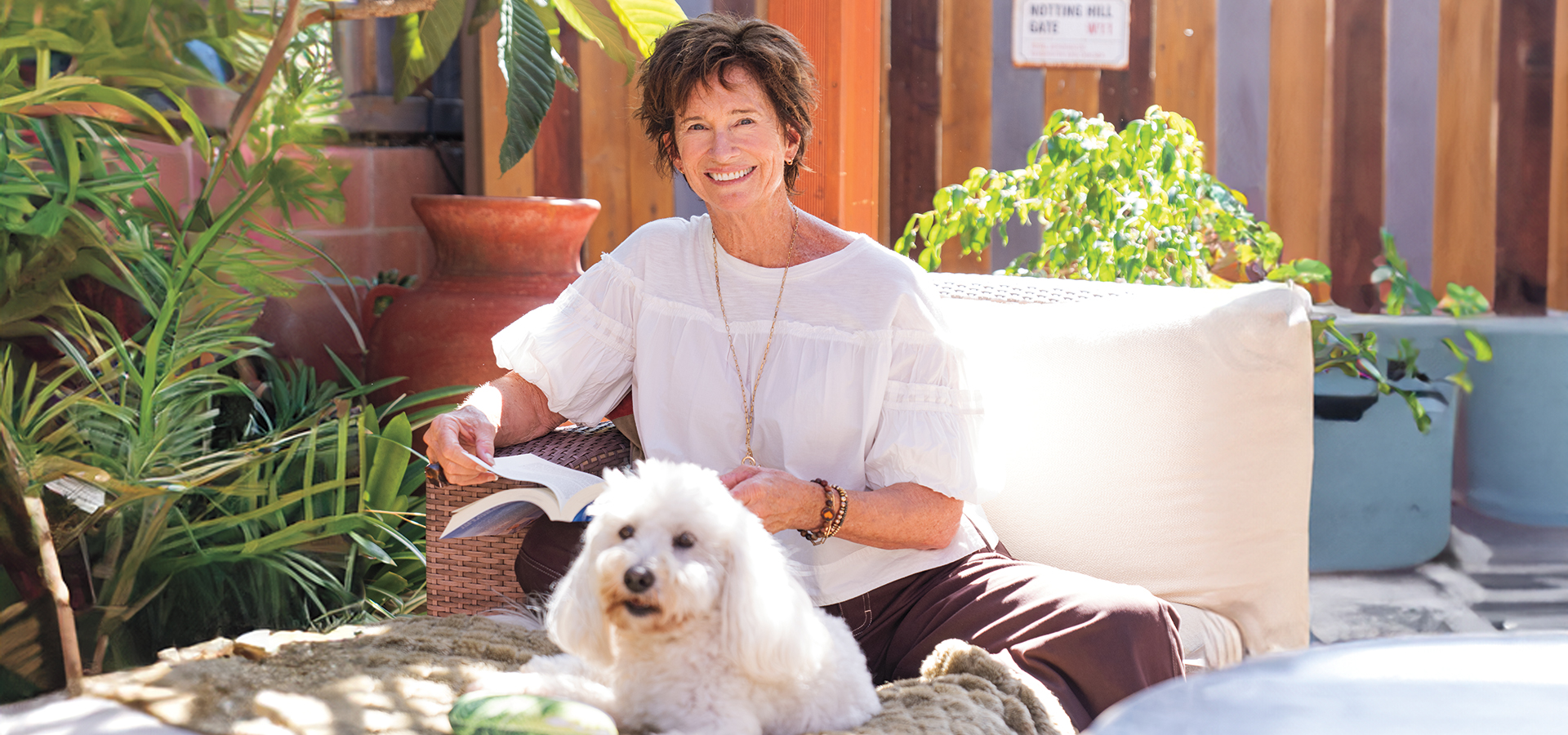
Victoria Gustafson Turns Her Cardiac Arrest Survival Story into a Plea for Women’s Heart Health Awareness
Without skipping a beat.
In April 2023, Victoria Gustafson was on a pickleball court in El Segundo playing “hard and competitively” with a few friends. She suddenly felt a little lightheaded and sat down in the middle of the court to take a few breaths. She then walked over to the bench to chug some water and immediately fell into her friend’s lap.
As Victoria turned grey with no sign of a pulse, her friends called 911 and shouted for help. Fortunately, two strangers who knew CPR and mouth-to-mouth resuscitation stepped in to keep blood oxygenating her brain. Paramedics arrived in about eight minutes and jump-started her heart.
“Clearly it was not my time to go.”
Victoria had suffered sudden cardiac arrest. Despite her heart stopping for 12 minutes, she survived with no brain damage.
“There’s a saying that 90% of the things we worry about never come to pass. It’s the things that you never can anticipate that really rock our world,” she says. “And that’s exactly what happened.”
Unlike a heart attack, which involves blockage of the coronary arteries, cardiac arrest is an electrical heart-rhythm issue. And while many people can survive heart attacks, the stats on cardiac arrest are grim. Only about 10% of people who suffer cardiac arrest survive. But according to the American Heart Association, if CPR is performed immediately, it can double or triple the chance of survival.
“It was so humbling,” Victoria shares of her experience. “Clearly it was not my time to go.” Three weeks before the incident she had a full physical, including an EKG and echocardiogram, with no signs of disease or distress. “I’m a really active and healthy person, so it shocked me and my community.”
Fortunate to make a full recovery, Victoria contemplated what she would do with this “brand-new, beautiful and wonderful” second chance. Already a certified heart-centered life coach, she reached out to a professional who helps other women tell their story. Together they worked on the narrative of Victoria’s experience so she could proactively help women—particularly postmenopausal women—learn about heart health, CPR and AED (automated external defibrillator) access.
Knowing her father’s medical history of atrial fibrillation, Victoria says she could have asked for more extensive monitoring of her heart rhythm beyond the 10 minutes she received at the doctor’s office. “It’s really important to know your family history and advocate for yourself,” she says. “Heart disease is still the #1 silent killer of women.”
Victoria has since renewed her CPR certification and encouraged 25 others to do the same. She’s also working with the city of Manhattan Beach to get more AED machines in public places. Because of her cardiac event, the city of El Segundo put a new AED on the pickleball court in her honor and added 16 more in public places.
“My cardiac arrest was a complete and shocking interruption, but in many ways it was a divine invitation to live richer and deeper,” she says. “When I’m on the beach playing volleyball and I feel the sand in between my toes, it’s not just warm—it’s the earth’s embrace that I’m still here.”
Holiday Wish List 2025
Our annual holiday gift guide highlights the latest trends in fashion, jewelry and home goods available at local retailers for all of your gifting needs. Don’t let the season’s best and brightest pass you by!






